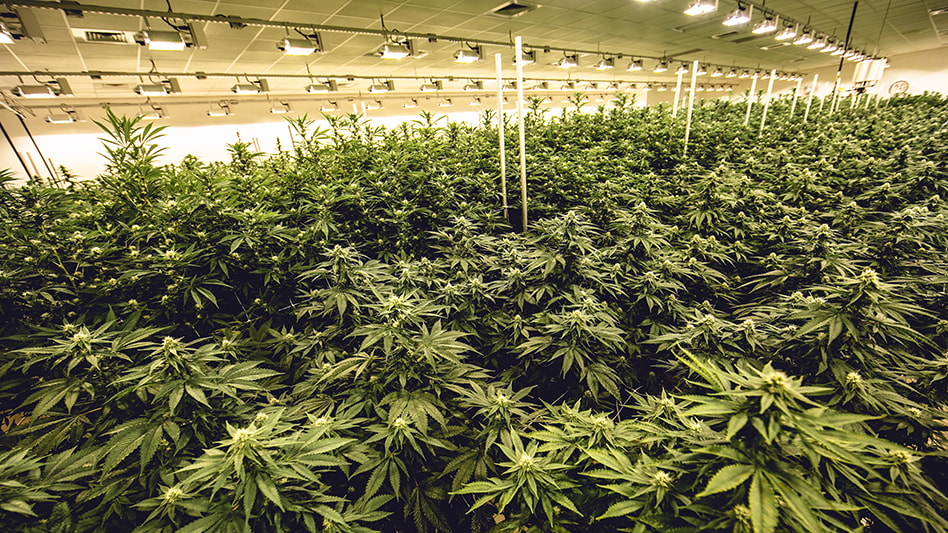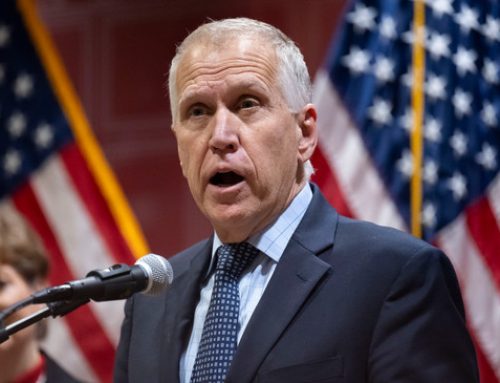FDA Releases Draft Guidance on Psychedelic Research, Paving the Way for Future Clinical Trials
LOS ANGELES– The U.S. Food and Drug Administration (FDA) has taken a groundbreaking step in the field of psychedelic research by releasing a draft guidance document aimed at providing recommendations to researchers exploring the potential of these substances for medical treatments. This development marks a significant milestone, as it is the first FDA draft guidance offering guidance on the design of clinical trials involving psychedelic drugs.
The document, which focuses on various aspects of the drug development process, including trial conduct, data collection, subject safety, and the requirements for a new drug application, aims to address the unique challenges associated with developing programs for psychedelic drug research. By outlining these challenges and providing guidance on how to overcome them, the FDA hopes to assist researchers in designing studies that produce reliable results capable of supporting future New Drug Application (NDA) submissions.
The interest in investigating the therapeutic benefits of psychedelic drugs has been growing, with researchers exploring their potential applications in treating conditions such as depression, post-traumatic stress disorder (PTSD), substance use disorders, and other related ailments. However, conducting clinical studies to evaluate the safety and effectiveness of these compounds presents distinct considerations.
Dr. Tiffany Farchione, Director of the Division of Psychiatry in the FDA’s Center for Drug Evaluation and Research, acknowledged the initial promise shown by psychedelic drugs in treating mood, anxiety, and substance use disorders. She emphasized, however, that these drugs are still in the investigative stage and require further study.
The draft guidance primarily focuses on advising researchers on study design and other important considerations as they develop medications containing psychedelics. With this guidance, sponsors involved in exploring the therapeutic potential of these substances will now have specific recommendations to account for their unique characteristics when designing clinical trials.
In cases where psychedelics fall under Schedule I controlled substances, the draft guidance specifies that activities related to investigations under an Investigational New Drug Application must adhere to relevant Drug Enforcement Administration regulatory requirements, underscoring the need to navigate legal frameworks surrounding these substances.
The document also addresses the role of psychotherapy in the development of psychedelic drugs, safety monitoring considerations, and the importance of determining dose-response and treatment effect durability.
Before the guidance becomes final, it will undergo a comment period, during which the public will have 60 days to submit comments for consideration. This inclusive approach aims to gather input from various stakeholders and ensure that the final guidance reflects a comprehensive understanding of the field.
As interest in the therapeutic potential of psychedelic drugs continues to grow, the FDA’s release of this draft guidance signals a step towards providing a clearer path for researchers and industry professionals in conducting clinical trials. While there are still many hurdles to overcome, this development holds promise for the future of psychedelic research and its potential contributions to medical treatments.



































